When most people think about working out, the neck is often left out of the equation. Yet, training this crucial area can make a significant difference—not just for athletes or bodybuilders, but for anyone who values performance, posture, and long-term health. Building a strong neck isn’t just about aesthetics or brute strength—it’s about protection, alignment, and overall well-being.
Why Neck Training Is Essential
The neck is a vital structural support system for your head, spine, and nervous system. Despite its small size, it carries a significant load and absorbs force with every movement you make. Whether you’re sprinting down a field, sitting at a desk for hours, or recovering from an injury, the muscles around your neck play a role in how your body feels and performs.
The Hidden Benefits of a Strong Neck
1. Improved Posture and Alignment
Modern lifestyles—think laptops, smartphones, and long commutes—have created a generation plagued by forward head posture and rounded shoulders. Strengthening the neck helps correct this imbalance. A strong neck supports the spine and shoulders, naturally encouraging better posture and reducing strain on surrounding muscles.
2. Injury Prevention
One of the most overlooked benefits of neck exercises is their role in injury prevention. A well-trained neck can reduce the risk of whiplash, concussions, and spinal injuries. For contact sports like football, wrestling, or martial arts, neck strength is a critical line of defense. But even for non-athletes, neck stability can help prevent strains from everyday mishaps like slips or sudden movements.
3. Reduced Headaches and Tension
Tension headaches and neck stiffness often go hand in hand. Weak or tight neck muscles can trigger pain that radiates through the head and shoulders. Regular neck workouts improve blood flow, reduce muscular tightness, and help alleviate stress-related tension.
4. Enhanced Breathing and Sleep
The muscles of the neck, including those surrounding the airway, play a role in breathing mechanics. A stronger neck may contribute to better control over your airway, which can support deeper, more restful breathing patterns—especially during sleep. Some individuals have even found relief from sleep apnea symptoms with improved neck muscle tone.
5. Functional Strength and Balance
Neck training supports coordination and balance. The neck works closely with the vestibular system (your body’s internal GPS), which affects how you orient your head and body in space. This connection is crucial for athletes, seniors, and anyone recovering from neurological issues or injuries.
What Does Neck Training Involve?
Neck training doesn’t have to be complicated. Isometric holds, band resistance, plate-loaded harnesses, or even controlled bodyweight movements can all target the cervical and upper thoracic regions. The key is to focus on controlled, consistent resistance—not aggressive or jerky motions.
Key exercises include:
-
Neck flexion and extension
-
Lateral flexion (side-to-side movement)
-
Isometric holds (pressing against resistance without movement)
-
Shrugs and upper traps work (which support the neck structurally)
Like any muscle group, the neck should be trained progressively and with attention to form.
A Personal Note: How Neck Training Changed My Perspective
I first got serious about neck training after dealing with chronic tension headaches and shoulder tightness following a car accident. Despite years of training and mobility work, something always felt “off”—until I added focused neck work into my routine. Within weeks, my posture improved, and the headaches diminished. It didn’t just change how I trained; it changed how I moved throughout the day.
Now, neck training is as essential in my weekly plan as core or back work—and it’s one of the first things I recommend to clients who spend long hours at desks or experience frequent tension and poor posture.
Final Thoughts: Don’t Neglect the Neck
The benefits of a strong neck go far beyond aesthetics. From injury prevention and posture correction to headache relief and better sleep, this often-overlooked area deserves a spot in your fitness routine. Whether you’re an athlete, a weekend warrior, or just someone who wants to move and feel better, neck training can deliver powerful, long-lasting results.
Take it seriously. Train it smart. And you’ll discover that the neck might just be the missing link in your performance and well-being.


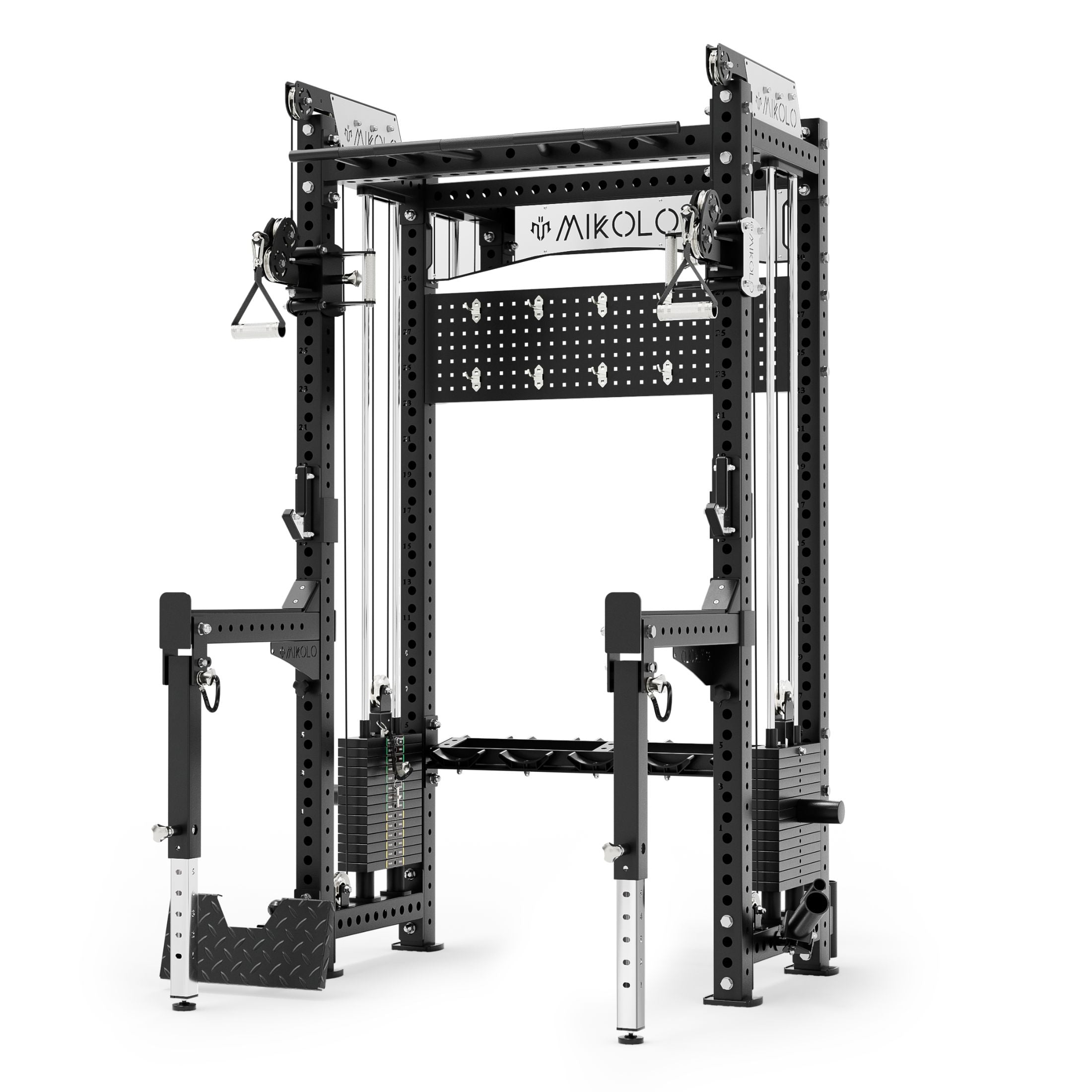

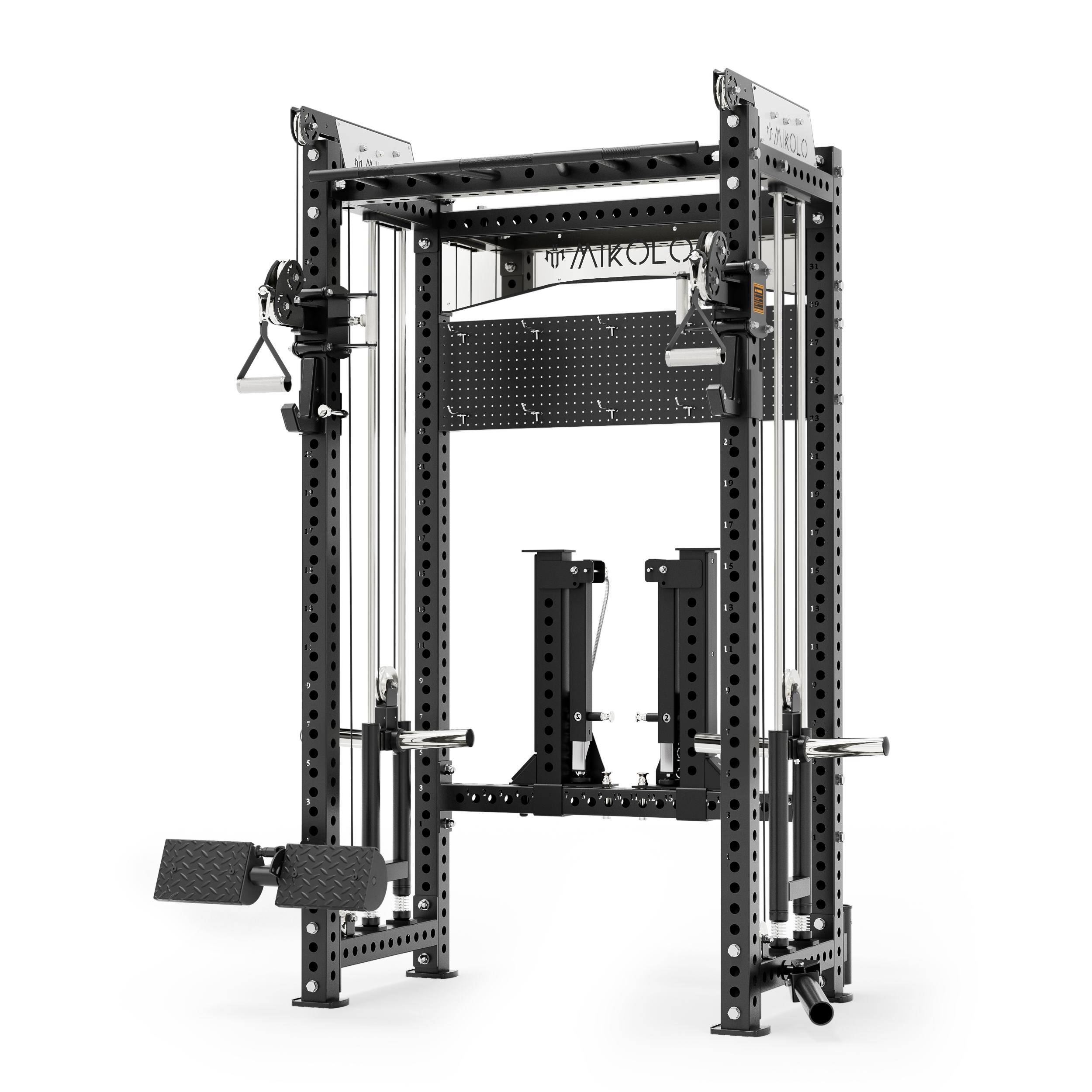


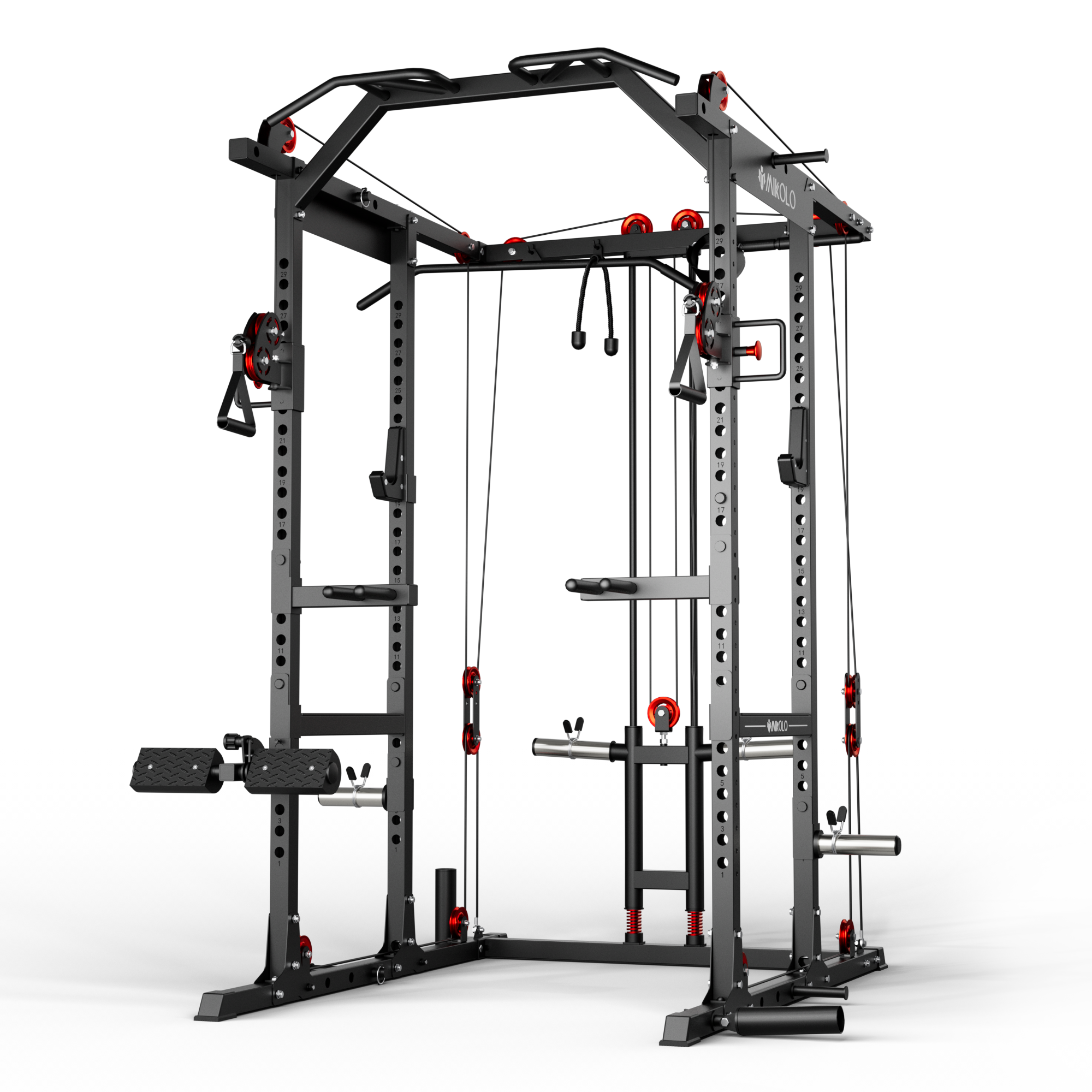


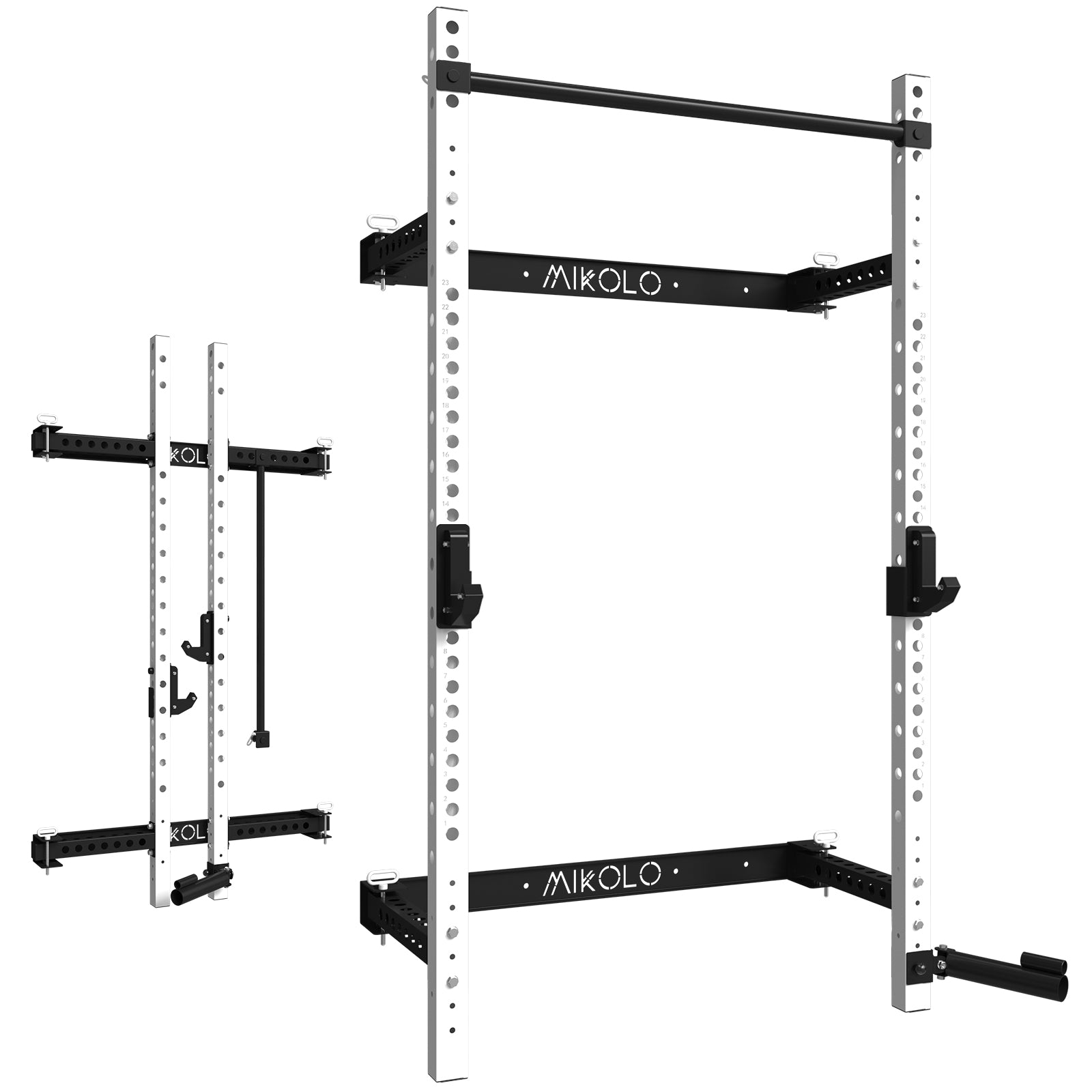


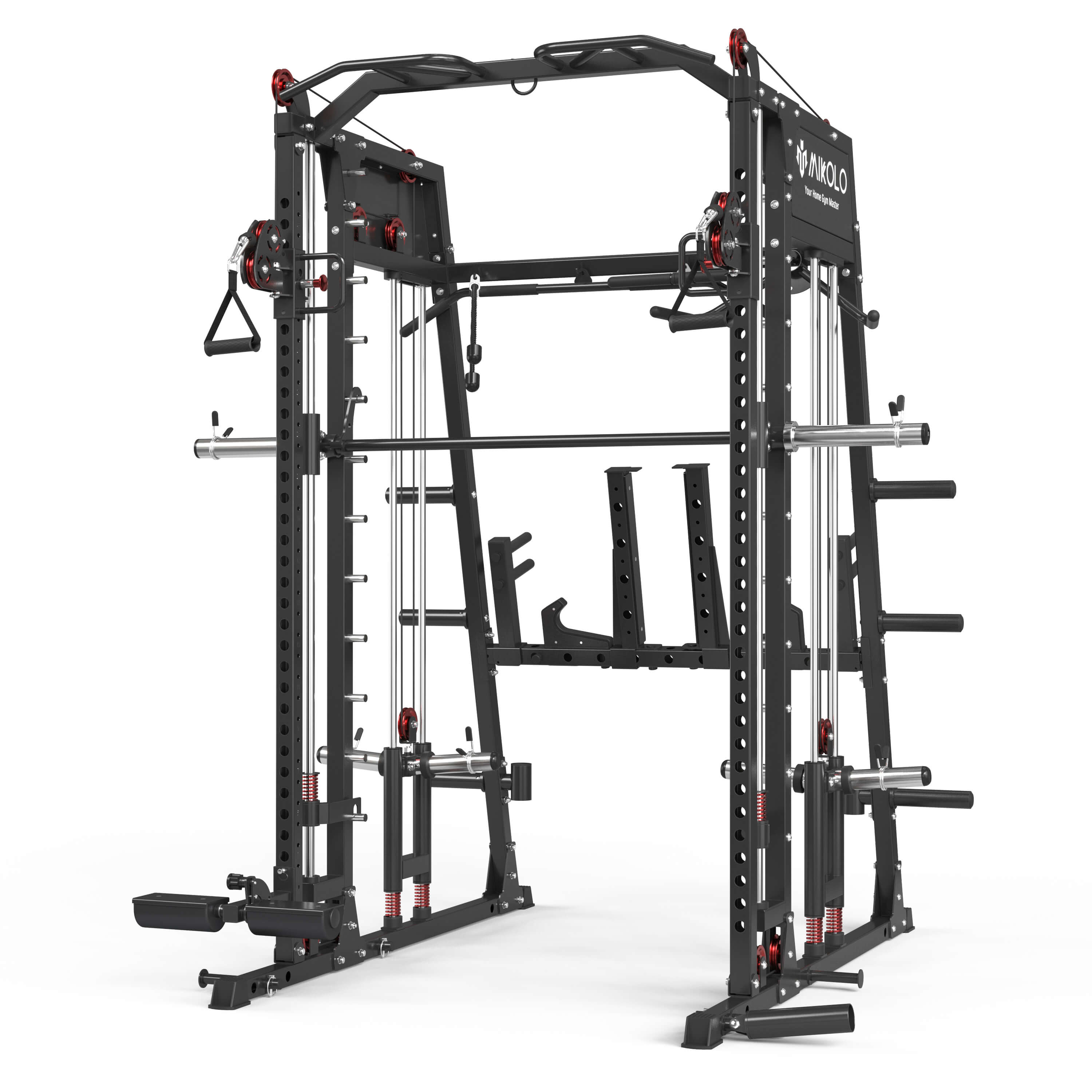
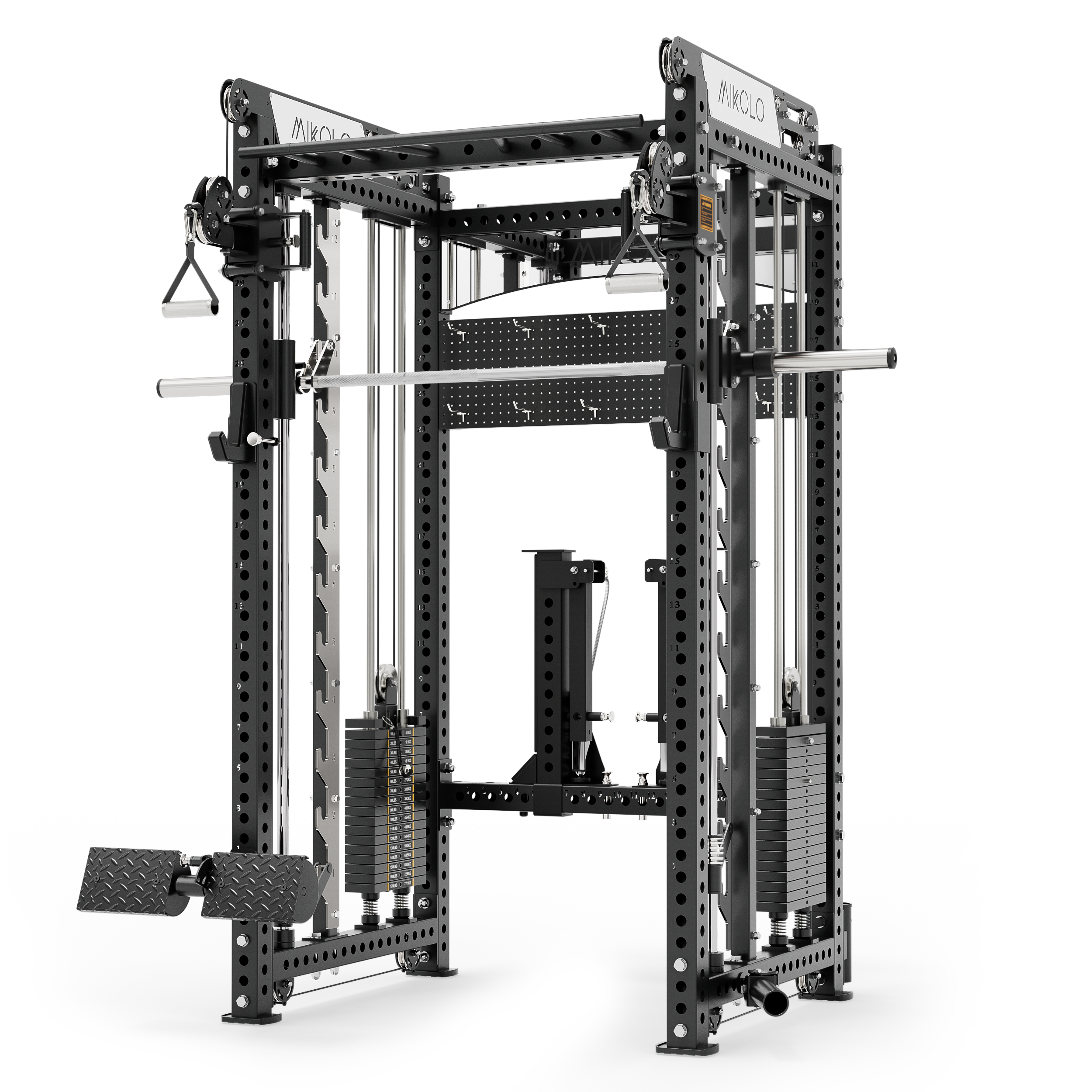
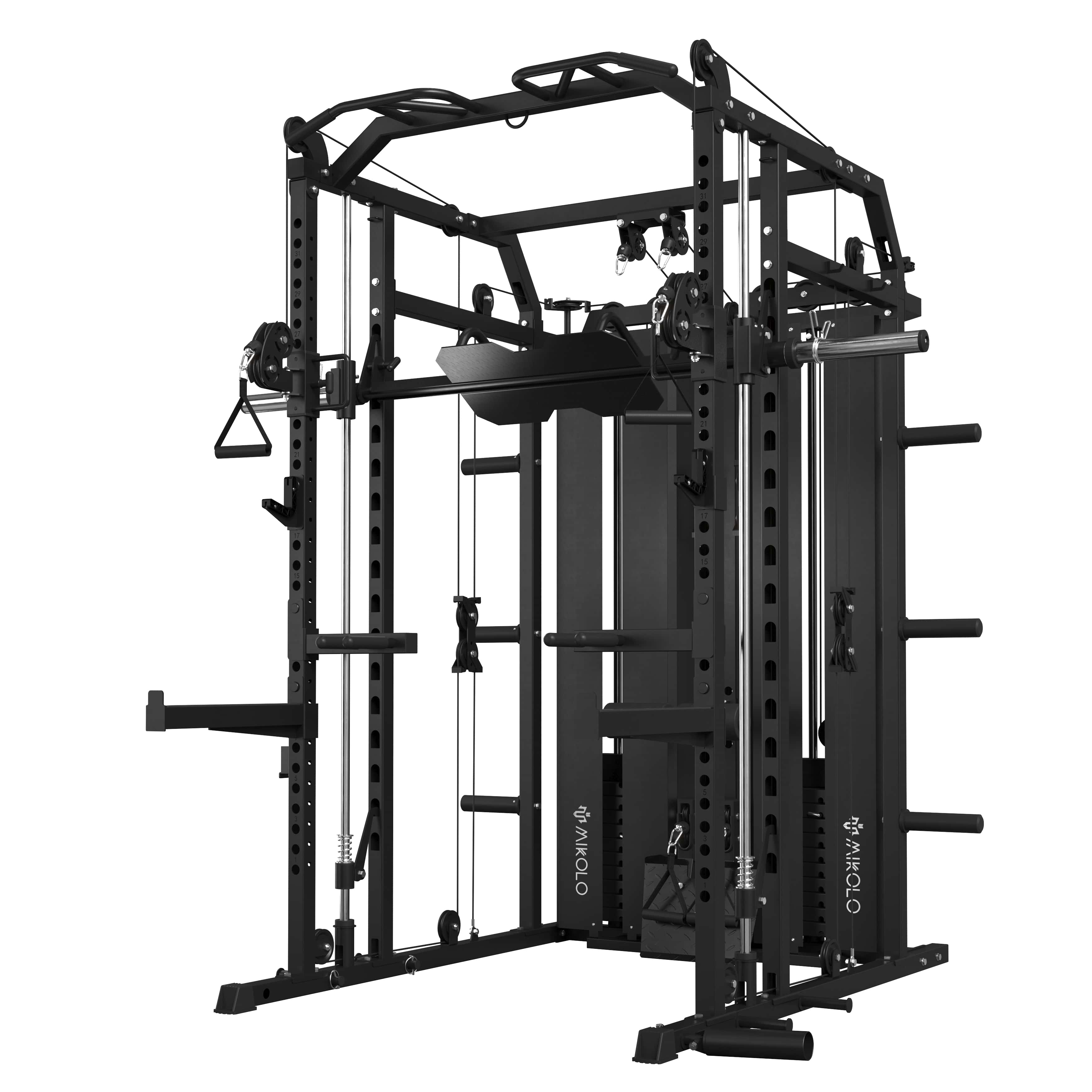
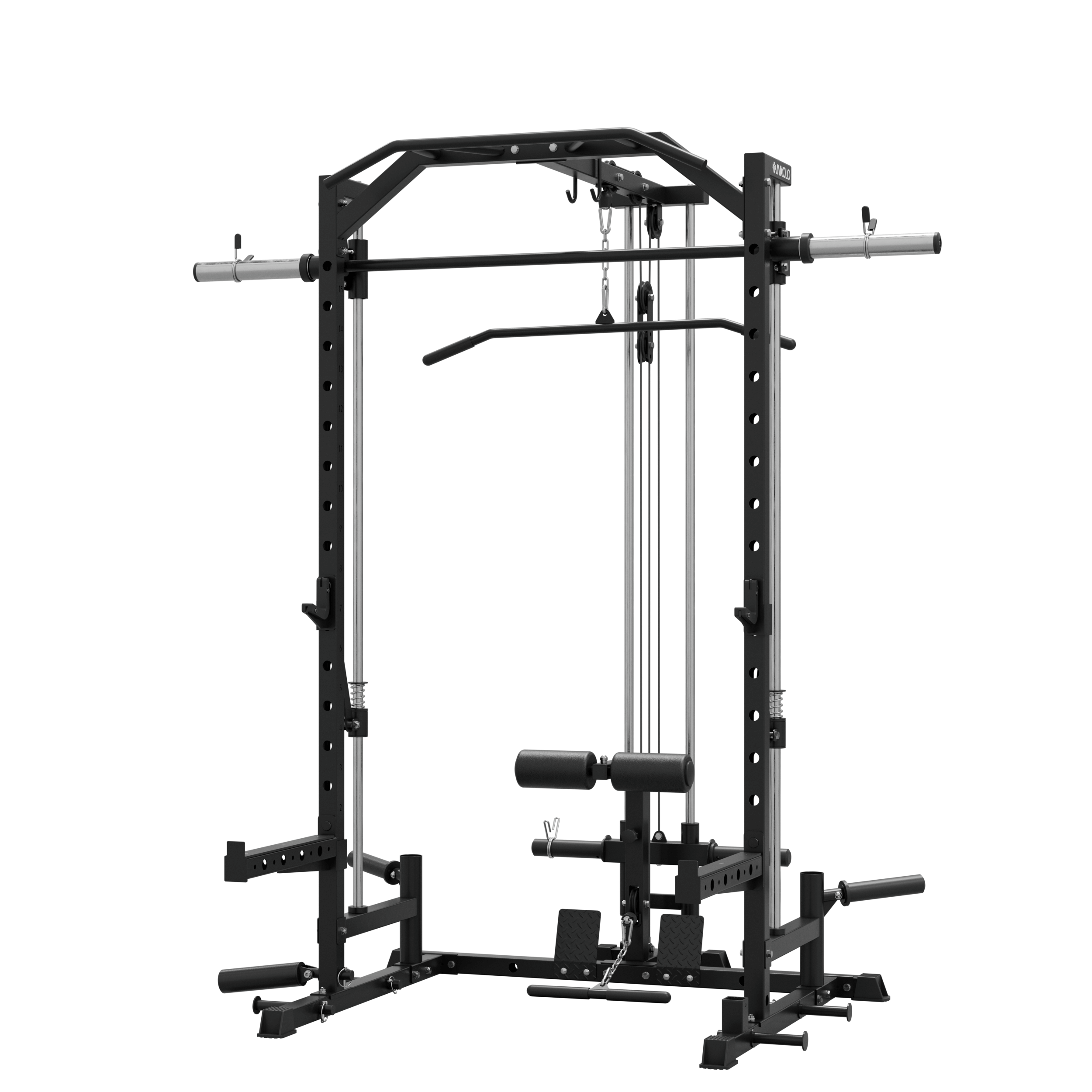
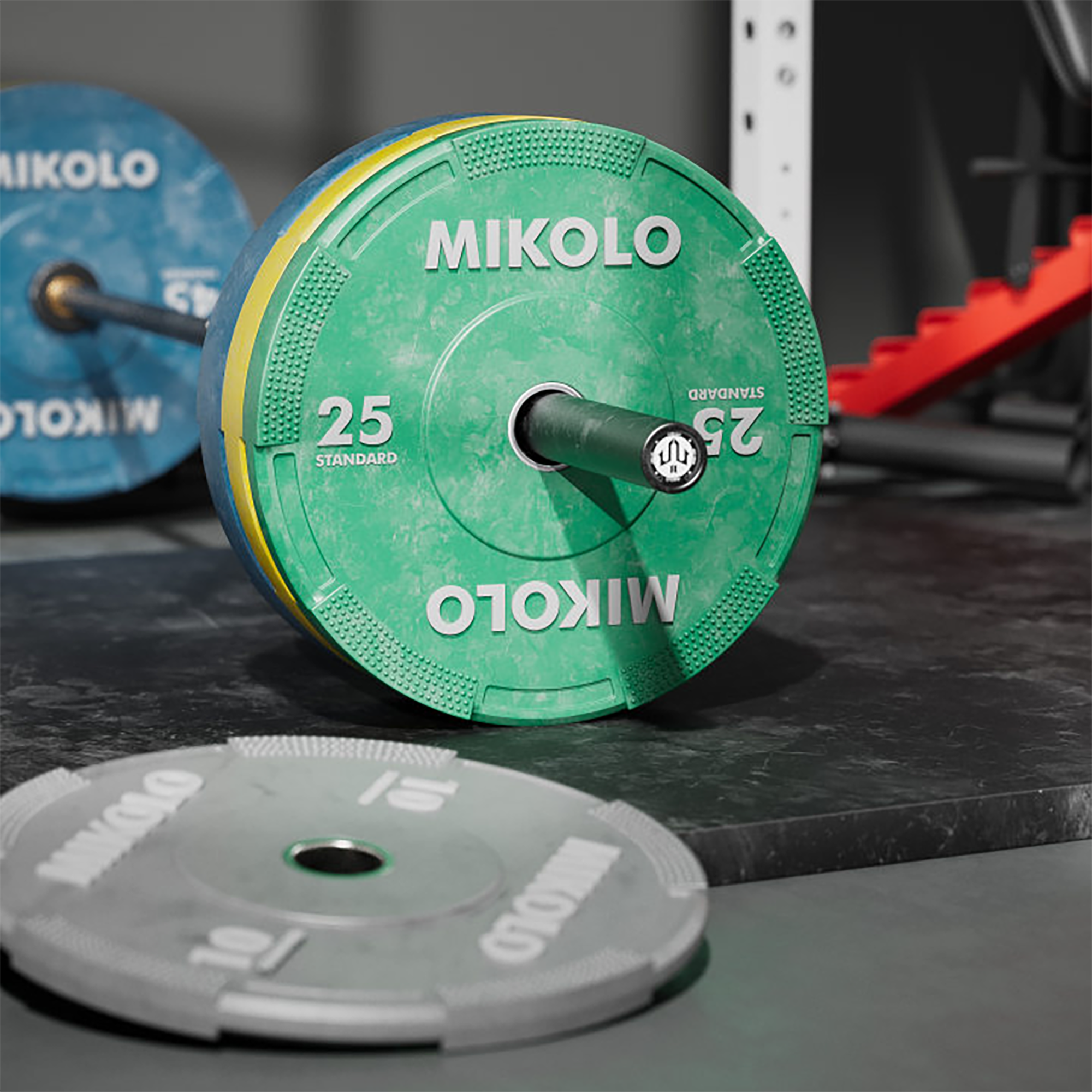






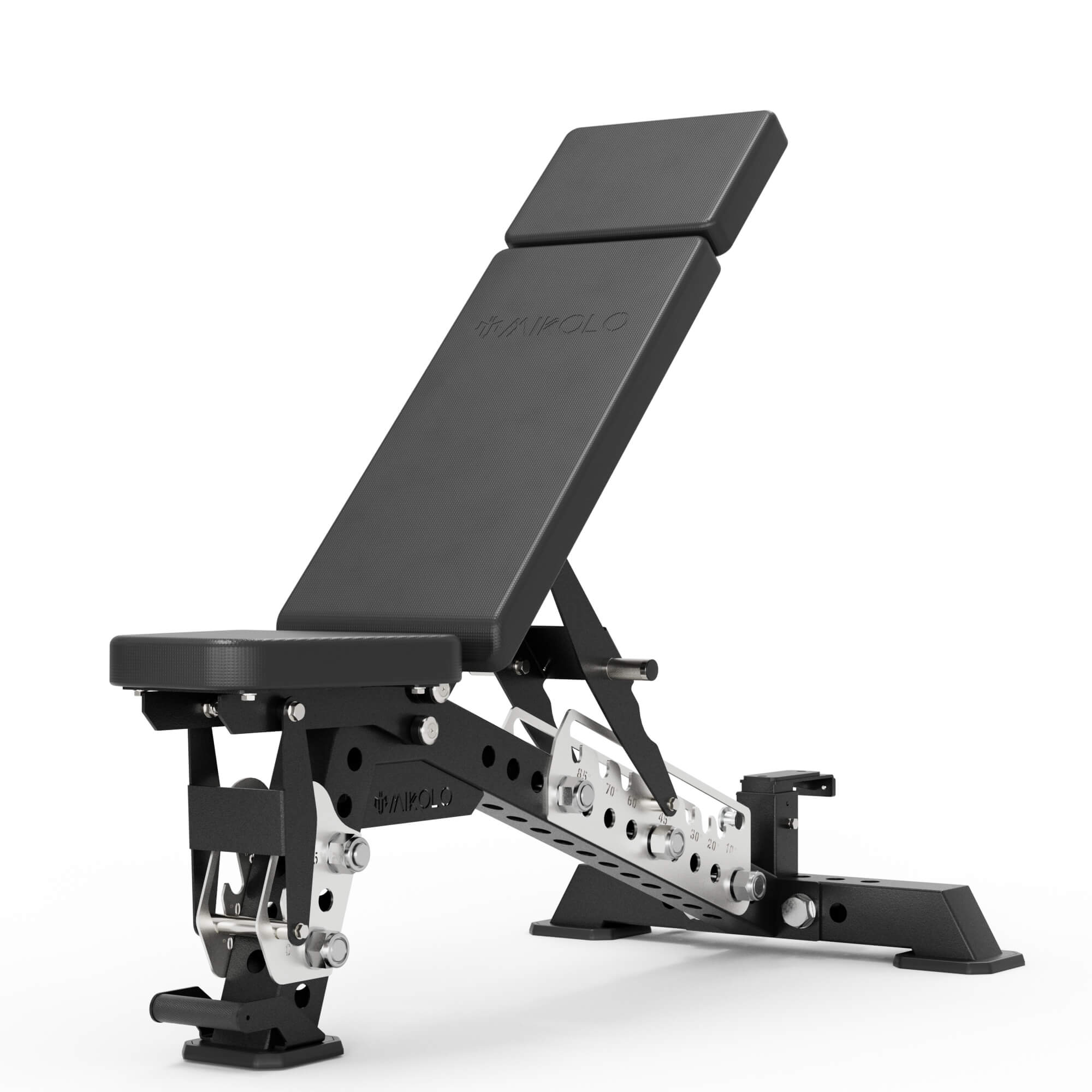
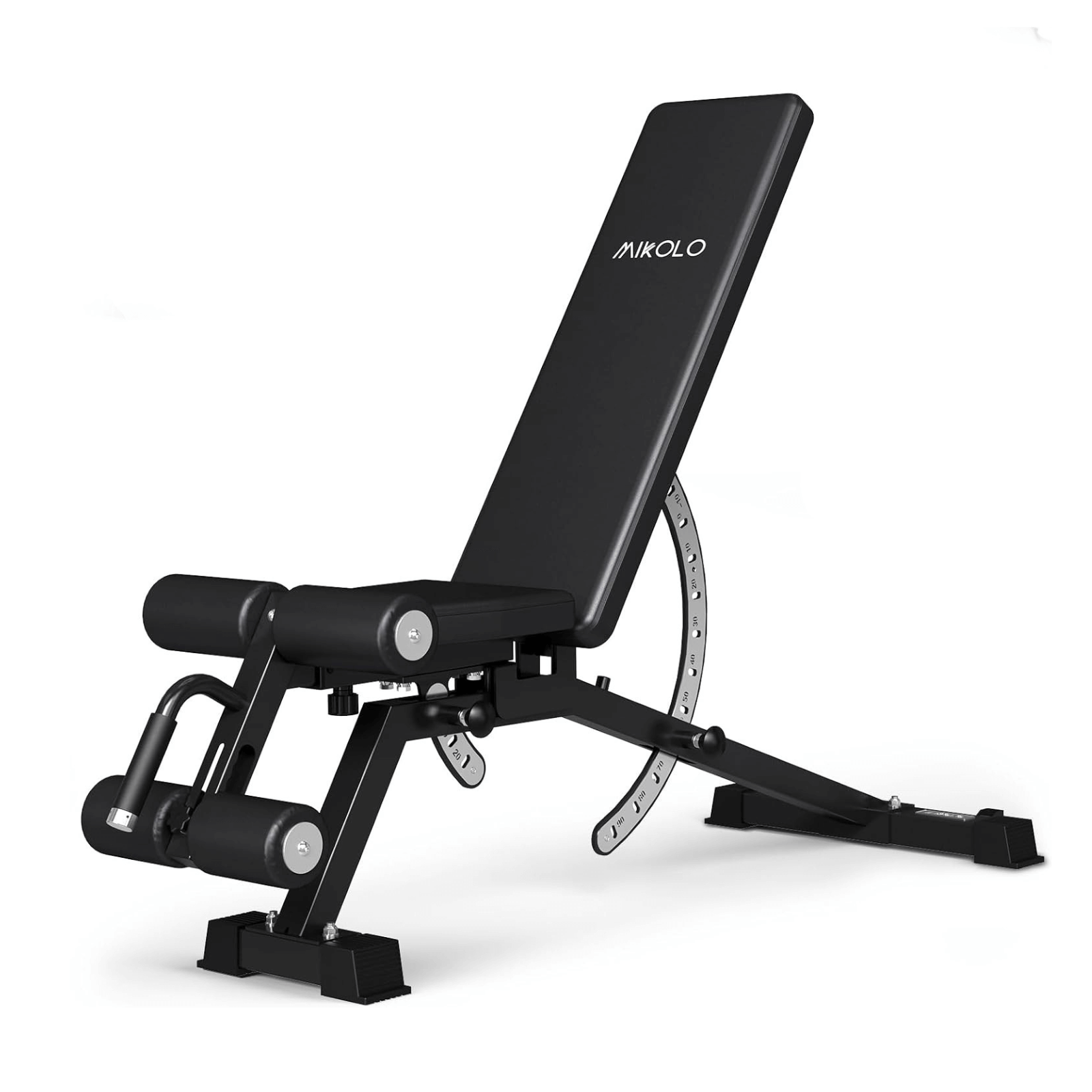




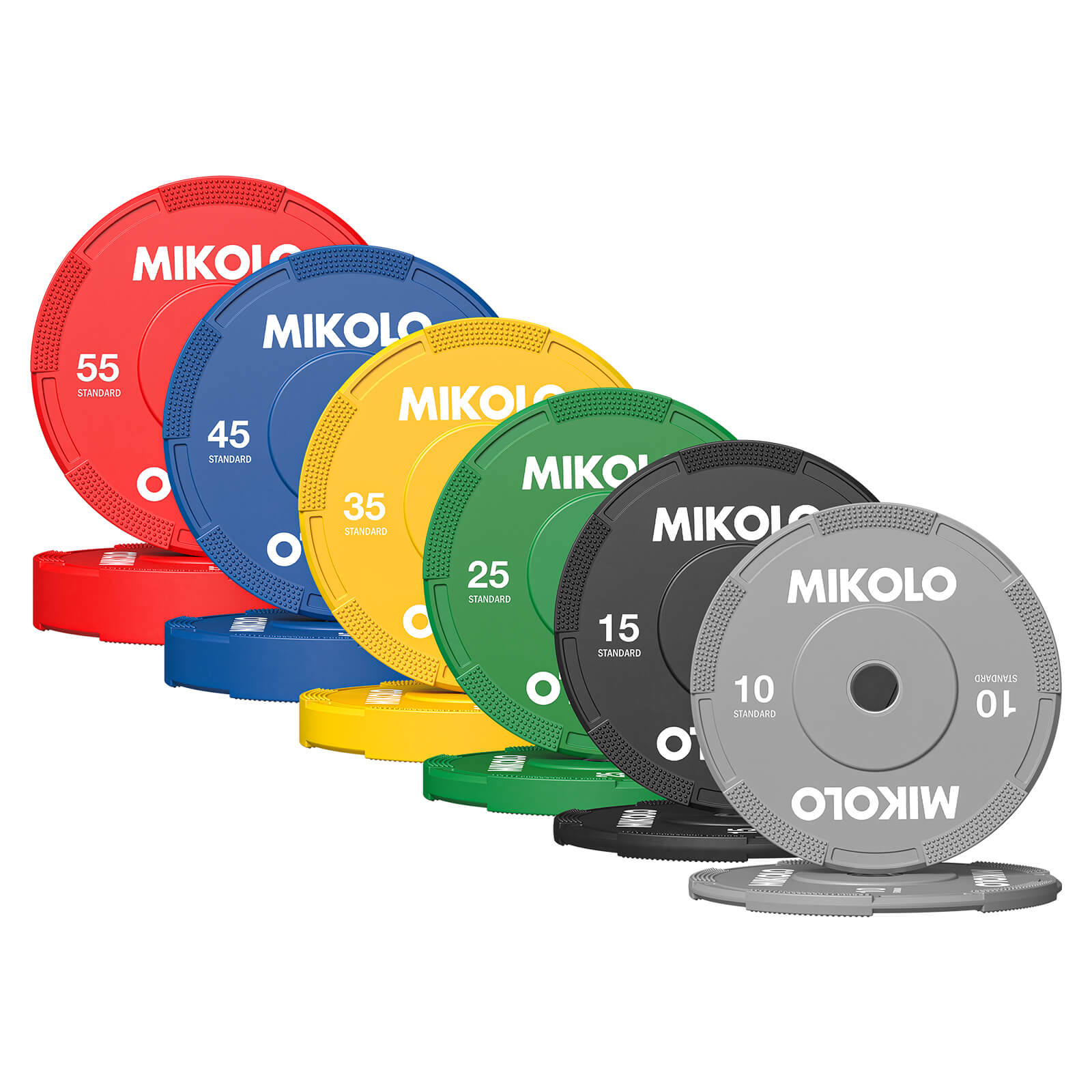











Leave a comment
This site is protected by hCaptcha and the hCaptcha Privacy Policy and Terms of Service apply.